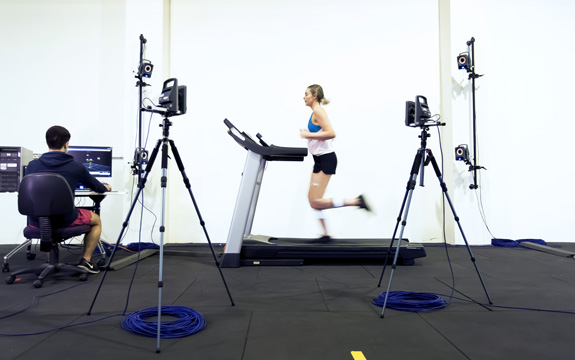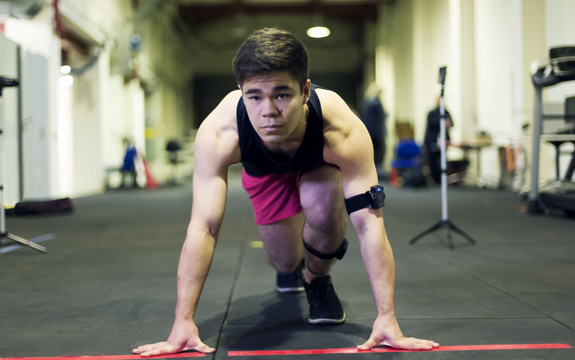Sport science comes to Swinburne

In Summary
- Bachelor of Sport and Exercise Science to commence at Swinburne in 2018
- Students to have access to industry placements and real-world experience
- Swinburne is constructing a state-of-the-art health precinct
Swinburne University of Technology is cementing its position as a leader in health science with the launch of a new Bachelor of Sport and Exercise Science.
As part of the degree, students will be immersed in the world of sports science with access to state-of-the-art facilities, high-tech teaching tools and professional placement opportunities.
In May 2017, Swinburne announced a four-year partnership agreement with Richmond Football Club to pave the way for collaborations in research, industry placements and to provide access to specialist facilities for relevant Swinburne students.
“We are working with Richmond to enable opportunities for students to understand high-performance sport first-hand and provide them with a unique professional experience,” says course director, Associate Professor Amanda Benson.
“Hands-on experience is a priority for Swinburne and will be embedded throughout the degree.
“This means our graduates will be ready to enter the workforce with both the theoretical and practical experience needed to succeed in this rapidly changing industry.”

Swinburne and Richmond Football Club initially teamed up in 2016 to establish the Richmond Institute of Sports Leadership, where Swinburne students are enrolled in a Diploma of Sports Development/Diploma of Leadership and Management.
Swinburne’s health precinct
Swinburne is currently developing a health precinct where the new Bachelor of Sport and Exercise Science and other health subjects will be taught from 2018.
The precinct will include new laboratories designed for studying anatomy, biomechanics, exercise physiology, strength and conditioning, motor learning, nutrition and dietetics fitted with the latest equipment and technology.
“Students will be immersed in the latest virtual and augmented reality technology to learn anatomy and other sport and exercise specific skills,” says Associate Professor Benson.
They will also be involved with smart wearable and sensor technology, she says.
As part of the three-year degree, students will also have the opportunity to work on an industry based project to encourage creative thinking and entrepreneurial skills while responding to real industry problems.
“We want to encourage our students to look at things from a global perspective and to create real-world impact.”

